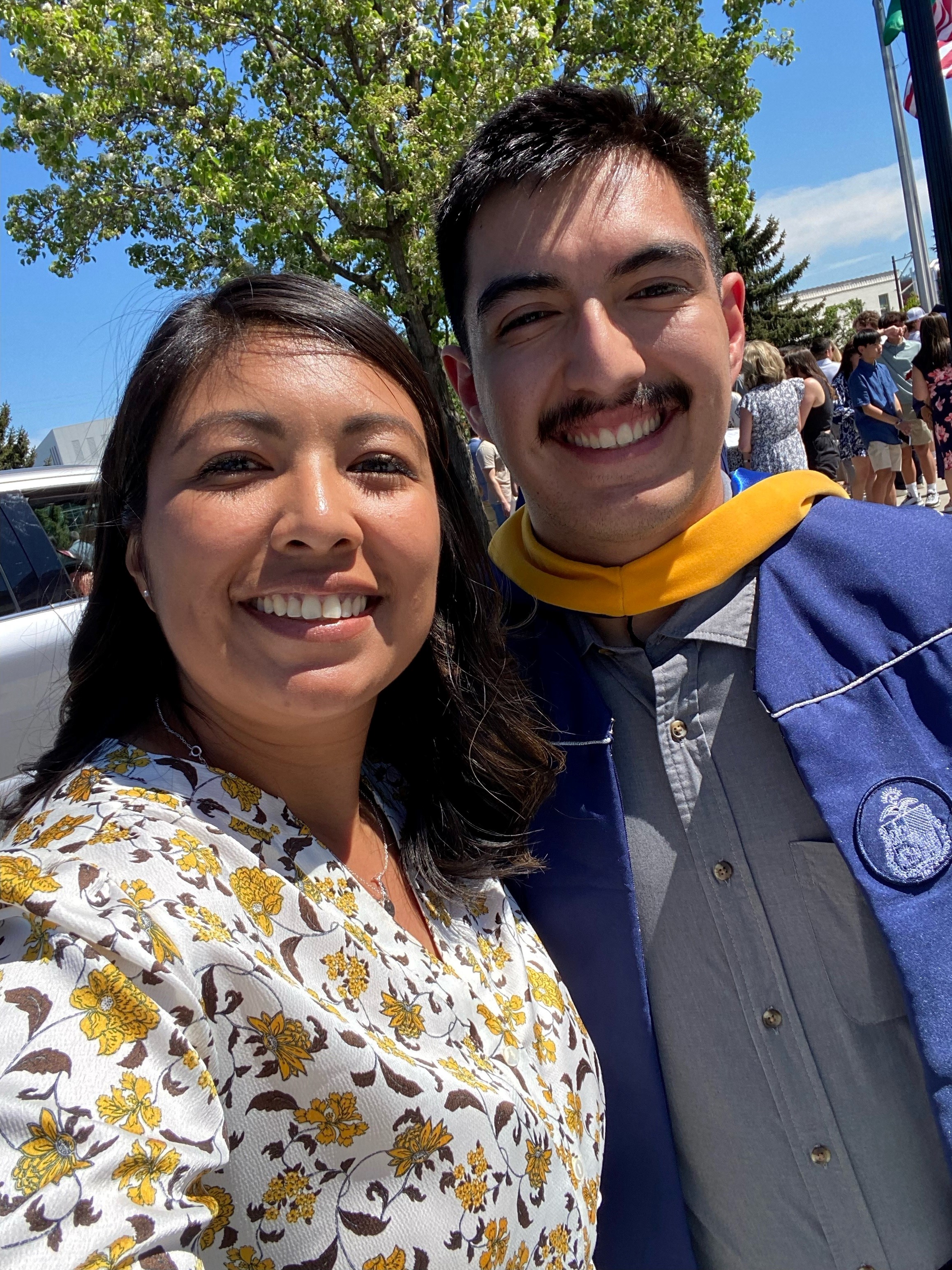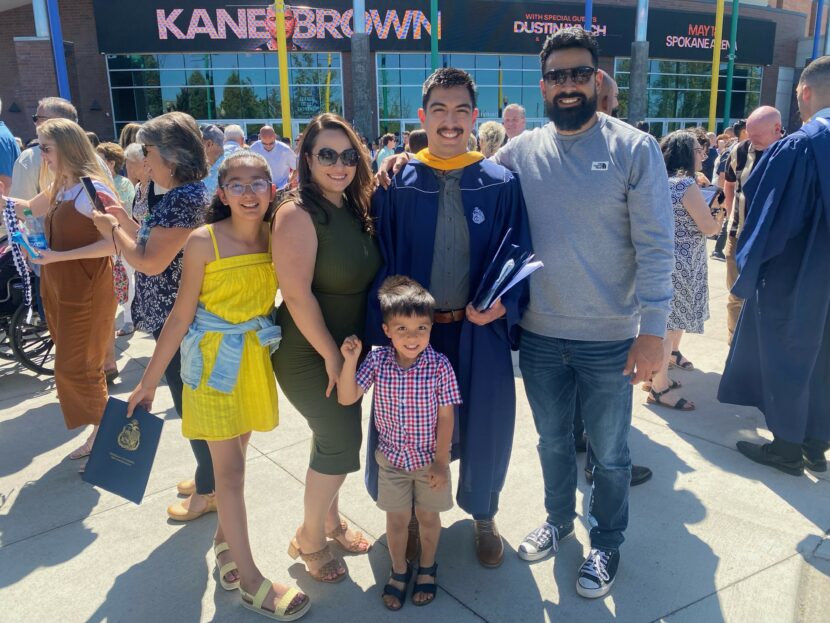Q&A with Gonzaga University Opportunity Scholar
How WSOS Supports First Generation Students
Christian Montes Vela grew up in Manson, Washington, in Central Washington. As a first-generation college student, Montes Vela’s parents immigrated from Mexico in their 20s, bringing his older siblings along. Growing up, Christian worked diligently to pursue his goal of attending college and was rewarded when he was accepted in Gonzaga University’s human physiology undergraduate program.
This past spring, Montes Vela wrote a letter to his local newspaper, The Spokesman-Review, to raise awareness about the Washington State Opportunity Scholarship. In his letter, Montes Vela stated, “This scholarship deserves more attention from the community to educate high school students about how WSOS can help fund their way through a bright future. Along with amazing scholar leads, internship opportunities, jobs and so much more to help them navigate their entrance into adulthood.”
We connected with the Opportunity Scholar to discuss his experience as a first-gen college student and scholarship recipient.
Q. How did you learn about WSOS?

I actually did not hear about it until one of my friends in the grade above me who also went to Gonzaga, told me about the scholarship because he had been a recipient as well and we were going for the same major. So, we both applied for it and a few of my friends were recipients of the scholarship as well.
Q. As a first-generation college student, what was the college application experience like for you?
There were some barriers, I guess the first one was financial aid and figuring out how I was going to be paying for school. But luckily, I was able to go through all the FAFSA paperwork and was able to get grants and other scholarships.
Also, leaving home in general was a pretty big cultural change. It was shocking to move to somewhere like Spokane when I graduated with 45 people in high school that I had known since preschool. So, moving to Spokane and being in a class of 1500 people and there’s probably 50 Mexicans in our whole graduating class —it was a big cultural shock.
Q. Despite these obstacles, how were you able to succeed in college?
What really helped me was participating in clubs and finding other people of color on campus. Gonzaga has this club for Mexican Americans, Hispanics, and anyone really that wants to come and join it. That’s what helped me feel more at home or more involved with school.
Q. In addition to the community your found with other students, was there a professor or mentor at Gonzaga who supported you?

One of my first professors, Laura Diaz-Martinez, was a Mexican woman who has received most of her degrees in in Mexico and had gotten her doctorate here in the United States. Being able to see the representation of all she was able to do helped me see that I could do all these things as well. She helped me out when I was getting started at GU, by trying to find internships for physical therapy, which is what I am planning to pursue in graduate school. I think finding professors that you really get along with, that can help you in your desired field is important.
Q. How did WSOS impact your college experience?
I think the biggest part was during my first year, I didn’t have to immediately start looking for part-time jobs. That was the biggest part that helped me figure out how to navigate college because I didn’t have to spend all that time looking for a job to help pay for college. It was the last scholarship that I needed to make ends meet with the tuition, housing and food and so on.
WSOS was one of my only scholarships that was renewable. The other ones I received, some of the smaller ones eventually ran out. Being renewable really helped me out for all four years.
Montes Vela’s success story underscores the significance of raising awareness about WSOS, enlightening high school students about the funding opportunities available to pursue their academic aspirations.
